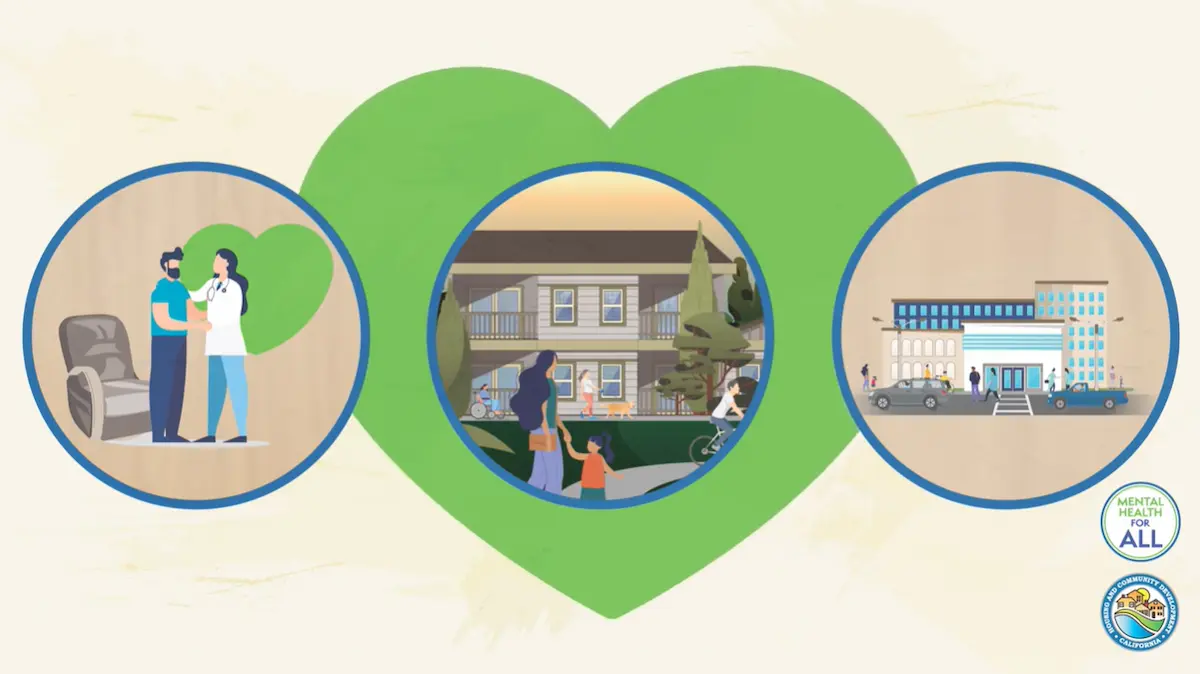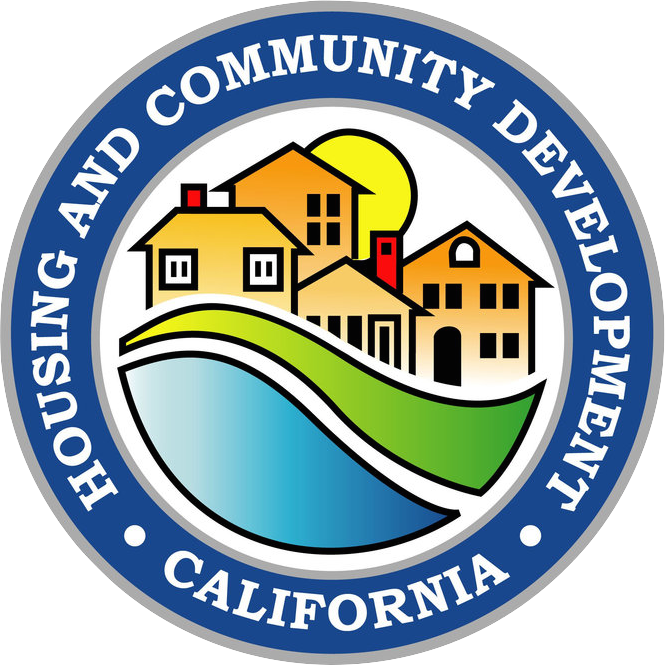New Tools and Funding Available for Local Communities To Build More Supportive Housing, Faster
November 26, 2024
November 26, 2024

Sacramento, CA
Continuing the state’s commitment to creating more housing and providing support faster, Governor Gavin Newsom today announced that local communities now have access to new streamlining tools to expedite the development of new supportive housing with simplified permitting and approval processes.
These projects will help to get people off the streets and give them access to the care they need. Local communities can access approximately $2.145 billion in new Prop 1 funding to utilize these tools, pay for permanent supportive housing projects, and unlock new opportunities. The state is making these tools and funding available less than a year after they were approved by voters, demonstrating the state’s commitment to acting with the urgency the situation demands. This funding and streamlined permitting will help expedite the development of new permanent supportive housing to help get people off the streets and give them access to the care they need.
“The state has fulfilled its promise to help provide California communities with the tools and funding to build new housing with urgency and with an eye to our state’s veterans. It is now time for locals to do their part — we must act quickly to build more housing for people struggling with mental health or substance use disorder and homelessness so they can get a roof over their heads and support at their fingertips as quickly as possible. I encourage eligible entities to move projects forward swiftly and get your shovels ready to break ground,” said Governor Gavin Newsom.
The Homekey+ Notice of Funding Availability (NOFA) for applications will be accepted continuously beginning in January 2025. Grant funding is available to cities, counties, or other local public entities, such as housing authorities, as well as federally or non-federally recognized Indian tribes within California. Tribes and Tribal Entities also have access to the $121 million Tribal Homekey+ NOFA also released today.
How we got here
Proposition 1, passed by California voters in March 2024, is a critical step in advancing the state’s goals to reduce homelessness and protect our most vulnerable populations. Proposition 1 includes two parts: a $6.4 billion Behavioral Health Bond for treatment settings and housing with services, and historic reform of the Behavioral Health Services Act (BHSA) to focus on people with the most serious illnesses, substance use disorders, and housing needs. Homekey+ is the Permanent Supportive Housing component of the bond.
"With this unprecedented commitment to address homelessness, we are moving quickly to support communities throughout California and invest in solutions to build permanent supportive housing," said Business, Consumer Services and Housing Secretary Tomiquia Moss. "These funds will provide local governments and Tribes with essential resources so that unhoused Californians can access the essential housing and supportive services they need to achieve safe and dignified housing and long-term stability.”
More supportive housing, faster
California has provided communities with unprecedented support to help streamline the permitting and approval process for new development and to help remove roadblocks that have historically been cited by local governments as impeding their efforts to get people the help they need.
What the funding does
Building on the success of the Homekey model, Homekey+ will continue to support the acquisition and rehabilitation of existing buildings, and other project types that can be quickly converted into PSH. Additionally, Homekey+ will also provide funding opportunities for new construction PSH projects that incorporate cost-containment strategies. New construction projects will have 24 months to complete construction and will be subject to total development cost per unit caps. Another key new feature of Homekey+ is the ability to provide gap financing for shovel-ready permanent supportive housing projects with prior HCD or other awards, enabling them to quickly commence construction.
Proactive coordination with County Behavioral Health Departments, and for Veteran serving projects, County Veteran Service Officers, is highly encouraged.
“The voters of California have given us a historic opportunity to extend housing and wide-ranging supports to those most critically in need,” said HCD Director Gustavo Velasquez. “Team HCD is honored to build on the successes of Homekey, bringing residents stability that opens their lives to opportunity and uplifting California communities.”
Why this matters
Lack of affordable housing, quality mental health and addiction services, and homelessness are all part of the same problem — and much of the responsibility to address these problems directly falls on local jurisdictions. New accountability and more enforcement are needed to ensure taxpayer dollars are spent effectively.
California continues to address a decades-long homelessness and housing affordability crisis. According to the most recent verified data, in 2023 roughly 181,000 Californians experienced homelessness, with approximately 90,000 people in unsheltered conditions. Although there are many reasons why someone may lose access to housing, the lack of available affordable homes in California is a key driver. Most people who enter homelessness are rent-burdened and cite economic hardship such as increased rent or housing costs. Adding to the inventory of available housing is an essential part of the state’s strategy to address this challenge.
To learn more, please visit HCD’s Homekey+ website. Resources such as guidance and templates mentioned within this NOFA will be published to the HCD website with the release of the Homekey+ Application.
California’s mental health transformation
California is modernizing the behavioral health delivery system to improve accountability, increase transparency, and expand the capacity of behavioral health care facilities for Californians. Proposition 1, which was passed by voters in May 2024, includes two parts: a $6.4 billion Behavioral Health Bond for treatment settings and housing with services, and historic reform of the Behavioral Health Services Act (BHSA) to focus on people with the most serious illnesses, substance disorders, and housing needs. More information about California’s transformation of our entire mental health and substance use disorder system can be found at mentalhealth.ca.gov.

